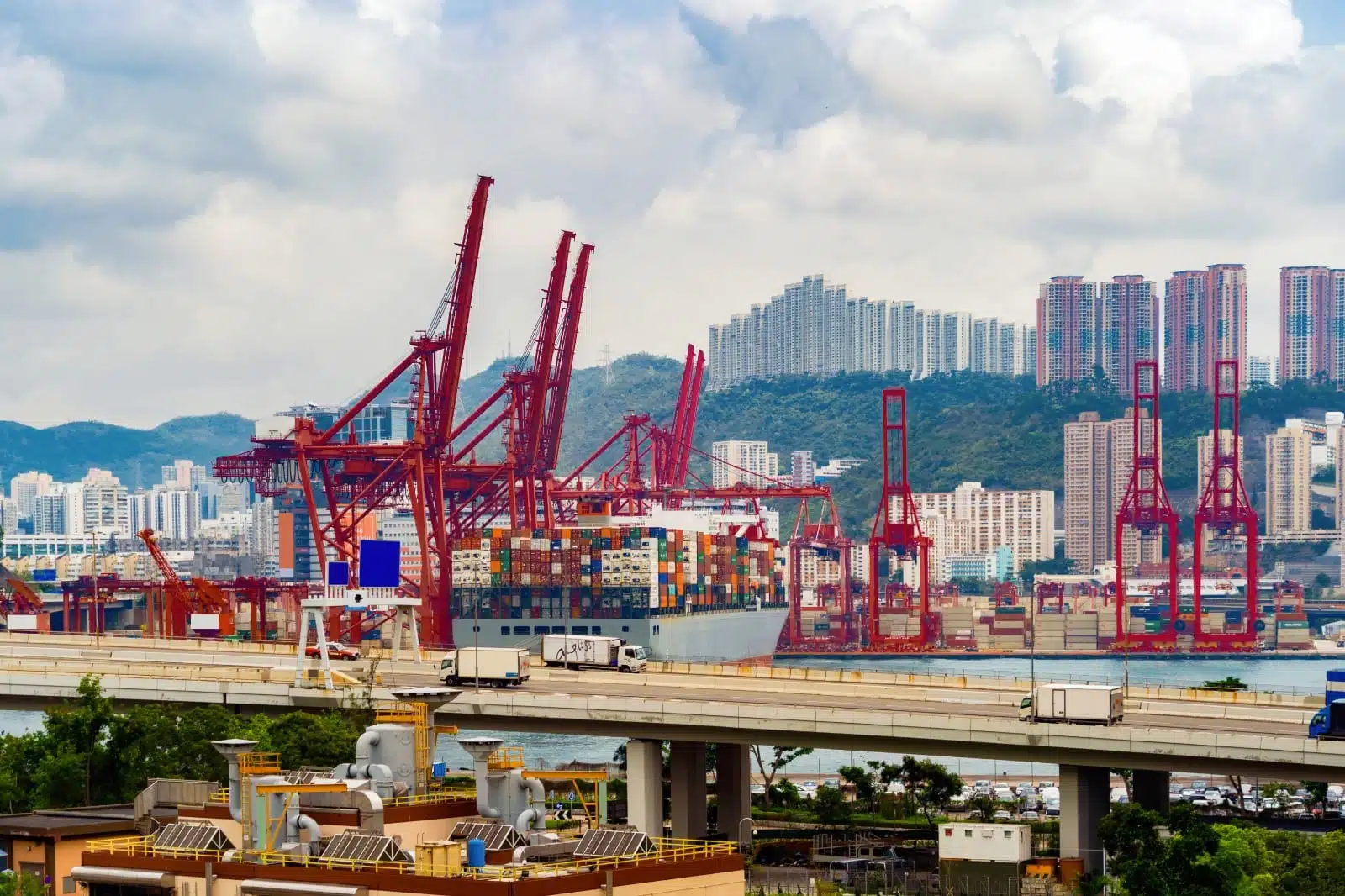The supply chain is the backbone of the global economy, driving the movement of goods and services across borders. In recent years, several factors have prompted Chinese companies to seek safer locations for their supply chains amid increasing political turmoil. In this article, we will explore the reasons behind this shift and the emerging trends in global manufacturing.
Key Reasons for the Shift
Trade War Between the U.S. and China: The ongoing trade war between the U.S. and China has resulted in increased tariffs. It has also caused significant disruptions to supply chains. Companies are seeking to mitigate these risks by relocating their manufacturing operations. They tend to avoid the punitive tariffs and maintain smoother trade relations.
Geopolitical Tensions: Geopolitical tensions between Taiwan and the South China Sea, have created an uncertain environment for Chinese companies. The fear of potential conflicts and the imposition of sanctions have made companies wary. The conditions also prompt them to seek more stable and predictable environments.
Rising Costs in China: The costs of labor, land, and environmental compliance in China have been steadily rising. This increase in operational expenses has led companies to look for more cost-effective locations. Businesses look for locations where they can maintain profitability without sacrificing quality or efficiency.
Proximity to Customers and Markets: Companies are increasingly recognizing the importance of being closer to their customers and markets. By moving their supply chains to regions where there is a growing demand for their products, they can reduce transportation costs, improve delivery times, and better respond to market changes.
Emerging Destinations for Supply Chains
India and Bangladesh: With large and young populations, low operational costs, and growing domestic markets, India and Bangladesh are becoming attractive destinations for manufacturing companies. These countries offer a favorable environment for businesses looking to tap into new consumer bases and expand their global footprint.
Southeast Asia: Countries like Vietnam, Thailand, Malaysia, and Indonesia offer skilled labor, favorable trade agreements, and geographical proximity to China. This region is emerging as a key manufacturing hub, attracting companies looking to diversify their supply chains and reduce their reliance on China.
Mexico and Eastern Europe: Mexico and Eastern Europe offer lower costs, access to major markets in the U.S. and Europe, and political stability. Consequently, these regions are becoming popular choices for companies aiming to streamline their supply chains and enhance their market reach.
Trends Reshaping Global Manufacturing
These shifts in supply chain strategies are reshaping the global manufacturing landscape. As a result, new manufacturing hubs are emerging, bringing economic growth and development to previously underutilized regions.
Furthermore, this trend highlights the dynamic nature of global trade. Therefore, businesses need to adapt to changing political and economic conditions.
At Markhor Strategies, we are monitoring these developments closely. With our expertise and data-driven insights, we can help you streamline your supply chain operations. This ensures efficiency and resilience in a volatile global market.
Get in touch with us at co*****@ma***************.com to learn how we can assist you in navigating these changes and optimizing your supply chain for the future.


